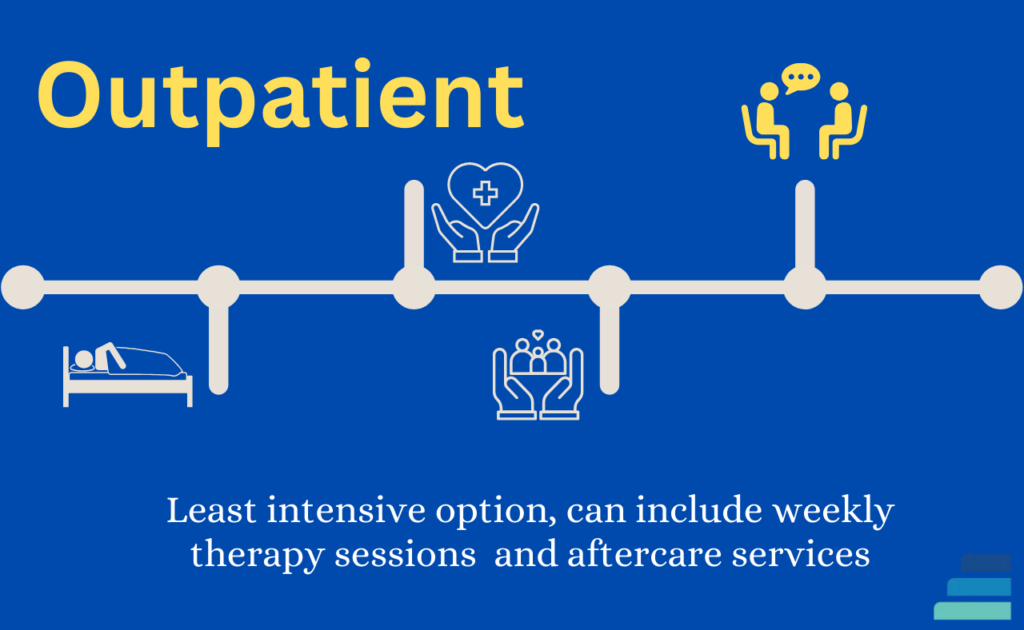- 2 Industrial Park Dr. Suite 5, Concord, NH 03301
- 2 Industrial Park Dr. Suite 5, Concord, NH 03301

At Bold Steps Behavioral Health, we aim to assess all of our patients on an individualized basis. Our facilities, located in New Hampshire, are equipped to help those searching for unique care that addresses their specific needs, whether it be addiction or mental health related. There’s no doubt that behavioral and mental wellness has seen a downward trend in New Hampshire in recent years. That’s why it’s more important now than ever to serve those in the New Hampshire area by providing them with the utmost in professional care. If you would like to find out more, you can call us at (603) 915-4223.
Through individualized therapy, group sessions, and skill-building workshops, we help clients build resilience and create sustainable change. Our approach is compassionate, evidence-based, and client-centered because we understand that healing happens differently for everyone. Whether you’re seeking a structured plan or just need a little extra support, Bold Steps is here to walk with you every step of the way.

IOPs for behavioral health are a level of care designed to provide comprehensive treatment while allowing individuals to maintain their daily routines. IOPs are ideal for those who need more support than traditional outpatient therapy but do not require the round-the-clock care of a residential program. Typically, IOPs involve multiple sessions each week, combining individual therapy, group therapy, and psychoeducation to address mental health challenges or substance use disorders. These programs focus on building coping skills, improving emotional regulation, and fostering a strong support system. By offering a structured yet flexible approach, IOPs help clients make meaningful progress while remaining connected to their communities and responsibilities.
PHP for behavioral health provides intensive, structured care for individuals who need a higher level of support than outpatient services but do not require inpatient hospitalization. PHPs typically involve full-day programming, several days a week, offering a blend of individual therapy, group therapy, psychoeducation, and sometimes medication management. These programs address complex mental health challenges or substance use disorders, focusing on stabilization, skill-building, and relapse prevention. Participants return home in the evenings, allowing them to maintain connections with their personal lives while benefiting from comprehensive care during the day. PHPs serve as a crucial bridge between inpatient and outpatient care, helping clients transition smoothly as they progress in their recovery journey.
Common forms of therapy include cognitive-behavioral therapy (CBT), which focuses on identifying and changing negative thought patterns, and dialectical behavior therapy (DBT), which helps individuals build emotional regulation and coping skills. Therapy can be conducted on an individual basis, in groups, or even with family members. The goal is to empower individuals to develop healthier thinking patterns, improve coping strategies, and achieve personal growth, leading to enhanced emotional well-being and a better quality of life.
CBT is a short-term, goal-oriented therapy that helps individuals recognize and change negative thought patterns and behaviors. It’s commonly used to treat depression, anxiety, PTSD, and substance use disorders. Learn more about CBT in New Hampshire.
DBT teaches mindfulness, distress tolerance, emotion regulation, and interpersonal effectiveness. It’s especially effective for individuals dealing with intense emotions, self-harm urges, or borderline personality disorder. Learn more about DBT in New Hampshire.
EMDR is a specialized therapy for trauma and PTSD. It uses guided eye movements to help reprocess distressing memories and reduce their emotional impact. Many clients report feeling relief after just a few sessions. Learn more about EMDR therapy in New Hampshire.
One-on-one sessions with a licensed therapist offer personalized support to work through emotional challenges, set goals, and develop coping skills in a safe, confidential environment.
Led by a therapist, group therapy provides peer support and shared insight. It's helpful for learning social skills, managing emotions, and realizing you're not alone in your journey.
Clients meet with a psychiatric provider who monitors medication effectiveness, side effects, and ongoing mental health needs. This ensures a balanced, medically-supported treatment plan.
These educational sessions provide practical knowledge about mental health, symptoms, coping strategies, relapse prevention, and wellness tools. They help empower clients to understand and manage their diagnoses.
Case managers help clients coordinate care, access resources (like housing, employment, or medical providers), and navigate life stressors that impact recovery. It’s a vital link between therapy and daily life.
Whether you’re dealing with anxiety, depression, or addiction, our team at Bold Steps offers compassionate therapy and evidence-based treatment to help you make meaningful progress. We’re located in New Hampshire and offer a range of services, from individual therapy to group support, so you can find the care that works best for you. Reach out today to learn more about our programs and how we can support your journey toward recovery.
Friendly Operators are Standing By